Mr. Anthony Albanese's visit to Beijing is expected to contribute to a faster restart of bilateral relations.
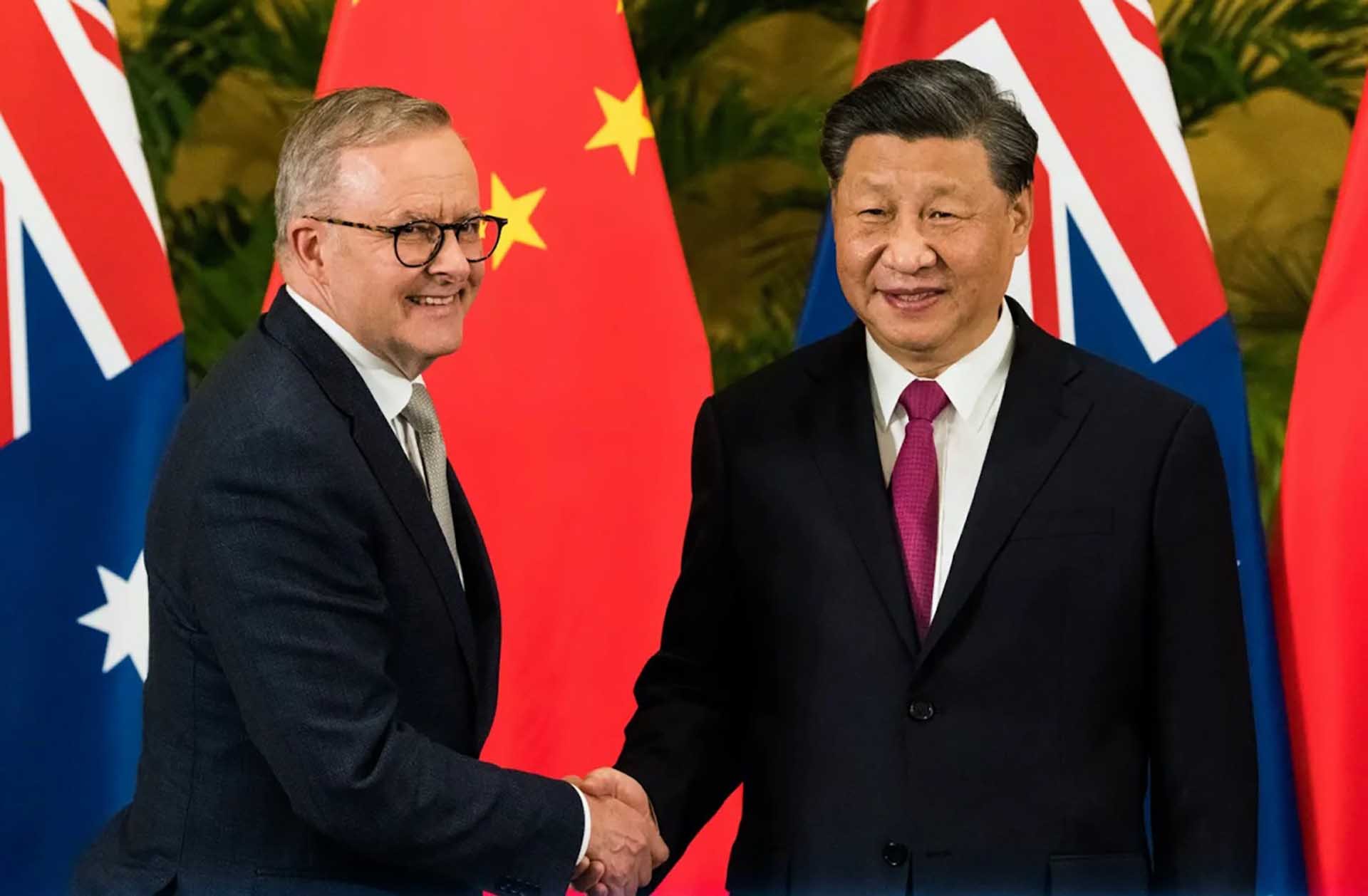 |
| Australian Prime Minister Anthony Albanese and Chinese President Xi Jinping meet on the sidelines of the G20 Summit in Bali, Indonesia on November 15, 2022. (Source: Getty Images) |
Australian Prime Minister Anthony Albanese will pay an official visit to China from November 4-7. In Beijing, he is expected to meet with his host counterpart Li Qiang and President Xi Jinping before attending the China International Import Expo in Shanghai.
Efforts to "defrost"
Thus, Mr. Anthony Albanese will become the first Australian Prime Minister to visit China since 2016. At that time, former Prime Minister Malcolm Turnbull met President Xi Jinping at the G20 Leaders' Meeting in Hangzhou.
At that time, bilateral relations seemed to be on a good development path. However, not long after that, Australian security agencies and media began to express concerns about a wave of “foreign interference”, specifically from China.
Under former Prime Minister Scott Morrison, things got worse as the politician considered “standing up to China” part of his political brand. One example was Australian Foreign Minister Marisa Payne’s efforts to make Canberra one of the leading countries in pressuring and launching an international investigation into the origins of the Covid-19 pandemic. This was considered a “red line” for China. The move led to a fierce response from Beijing, with a series of sanctions/restrictions on many commercial items, and high-level dialogue “frozen”. Measures to address Australia’s challenges with China in the following years led to “trade barriers”, making things even more tense.
Things only gradually improved when Mr Albanese took office. During this period, Australia’s “calm and consistent” diplomacy with China helped to ease tensions. The two sides resumed ministerial visits, notably between the two countries’ trade ministries, minimizing previous trade disruptions.
On April 10 this year, with the mediation of the World Trade Organization (WTO), the two sides agreed that Beijing would “carefully review” the tariffs it had imposed on Canberra’s barley. Nearly four months later, China lifted the tariffs on the commodity. That same month, Australian Trade Minister Don Farrell said 55,000 tonnes of barley had arrived in China at market prices.
More importantly, Australia’s successful push to remove tariffs on barley has helped it develop a process that can be applied to other products that face similar restrictions from China. In October, Canberra launched a similar process for wine, with lobster and beef likely to follow.
In that context, Mr. Anthony Albanese's visit contributes to creating favorable conditions to accelerate the process of "unfreezing" high-level exchanges, as well as negotiating to resolve trade disagreements, from which this politician can continue to seek "sweet fruits" in the economy, bringing the export figure to China (203.25 billion AUD, equivalent to 128.85 billion USD, from the beginning of 2023 to August 2023) to continue to "fly high" in the coming time.
Cooperate when possible, disagree when necessary
In addition to the economy, trade, security and a number of other issues are also worth noting. Ahead of the visit, the family of Chinese-Australian scholar Yang Jun called on Prime Minister Albanese to demand his release. Mr. Yang has been detained on espionage charges since 2019.
The two sides could discuss the Australia-UK-US Security Treaty (AUKUS). Last week, Mr Albanese visited the US, meeting with President Joe Biden as well as the new Speaker of the House of Representatives Mike Johnson. Underscoring the alliance, both sides pledged to continue promoting a free and open Indo-Pacific.
Notably, while the US House of Representatives is in turmoil, he still tries to meet with more than 60 Democratic and Republican congressmen, lobbying them to quickly pass the draft of the AUKUS Security Treaty by the end of 2023. Beijing has strongly opposed this nuclear submarine agreement. It is not clear whether the Chinese leader will raise this issue with Mr. Albanese during his upcoming visit.
However, Joe Biden’s attitude towards AUKUS, as well as the Australian Prime Minister’s visit to China, is clear. The leader stated: “Together with the UK, we (the US and Australia) are making a multi-generational investment in our shared security.” Regarding Mr. Albanese’s visit to Beijing, President Biden affirmed: “We fully support and understand that the Prime Minister (Australia) wants to go to Beijing and meet with Mr. Xi… Dialogue with China and maintaining lines of communication are extremely important.” According to this leader, “we are in strategic competition in the region. That is the reality at the present stage.”
For his part, Mr. Albanese affirmed that he “clearly recognizes” the challenge from China. Speaking at a reception hosted by Vice President Kamala Harris and Secretary of State Antony Blinken, he stressed that Canberra would take a “patient, cautious and measured” approach to Beijing: “We are two countries with very different histories, cultures and political systems. Australia has always sought to cooperate with China where possible, disagree where necessary, and continue to engage, for our own benefit.” His upcoming visit to Beijing will be an opportunity for him to demonstrate that approach.
Source


![[Photo] General Secretary To Lam receives US Ambassador to Vietnam Marc Knapper](https://vphoto.vietnam.vn/thumb/1200x675/vietnam/resource/IMAGE/2025/9/29/c8fd0761aa184da7814aee57d87c49b3)
![[Photo] General Secretary To Lam, Secretary of the Central Military Commission attends the 12th Party Congress of the Army](https://vphoto.vietnam.vn/thumb/1200x675/vietnam/resource/IMAGE/2025/9/30/9b63aaa37ddb472ead84e3870a8ae825)

![[Photo] Solemn opening of the 12th Military Party Congress for the 2025-2030 term](https://vphoto.vietnam.vn/thumb/1200x675/vietnam/resource/IMAGE/2025/9/30/2cd383b3130d41a1a4b5ace0d5eb989d)
![[Photo] The 1st Congress of Phu Tho Provincial Party Committee, term 2025-2030](https://vphoto.vietnam.vn/thumb/1200x675/vietnam/resource/IMAGE/2025/9/30/1507da06216649bba8a1ce6251816820)

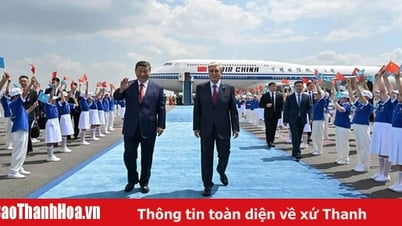

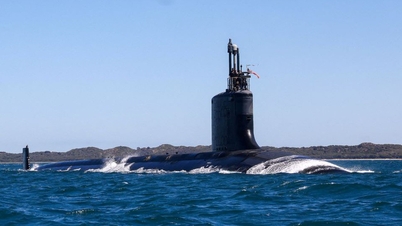


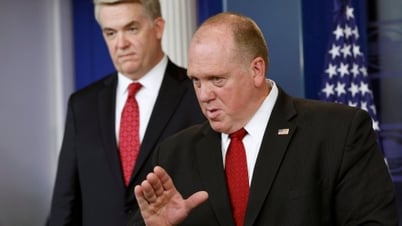
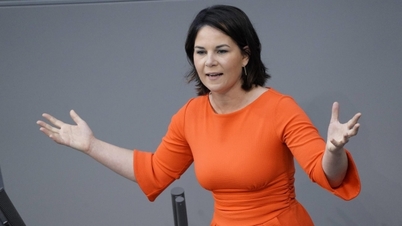















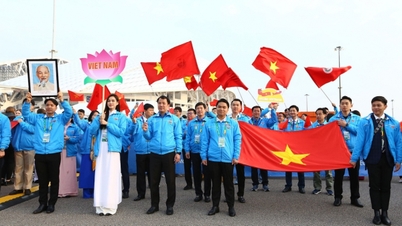
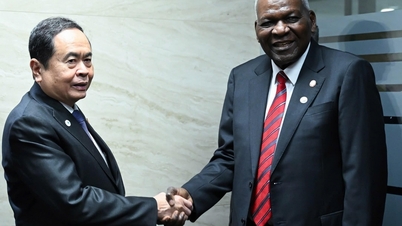

![[Photo] General Secretary To Lam attends the ceremony to celebrate the 80th anniversary of the post and telecommunications sector and the 66th anniversary of the science and technology sector.](https://vphoto.vietnam.vn/thumb/1200x675/vietnam/resource/IMAGE/2025/9/29/8e86b39b8fe44121a2b14a031f4cef46)








































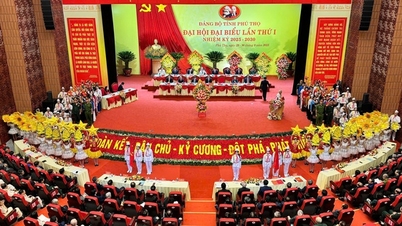
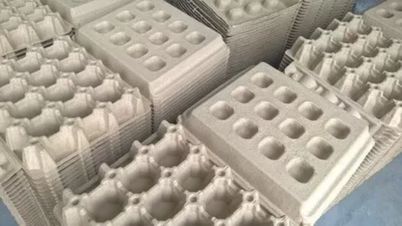
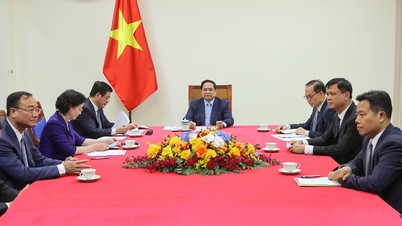


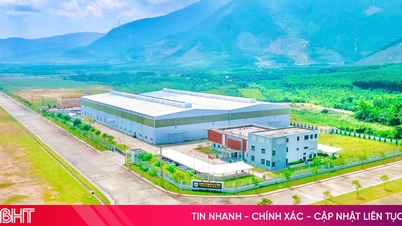

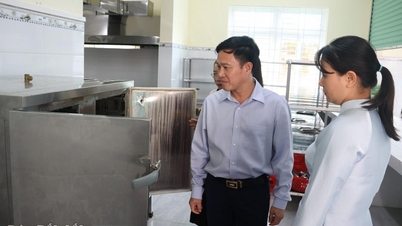



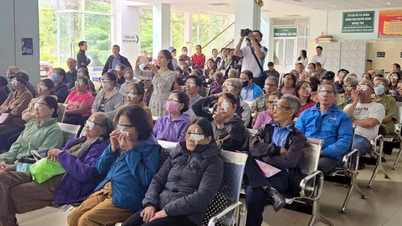
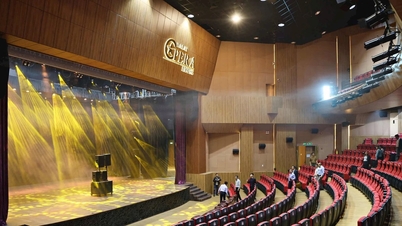













Comment (0)